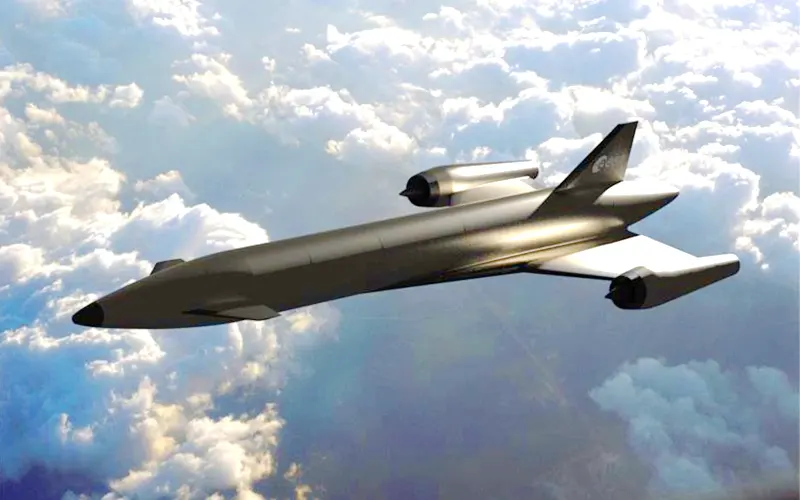 Credit: Frazer-Nash
Credit: Frazer-Nash
The European Space Agency has tapped UK-based Frazer-Nash to begin work on a Mach 5-capable flying testbed that will be used to test technology for future reusable spacecraft.
In late 2021, ESA published the first invitation to tender (ITT) for its Flying Engine Testbed initiative, which it dubbed INVICTUS. According to the call, the goal of the initiative was to develop a vehicle capable of Mach 5 flight in the Earth’s atmosphere. The vehicle would be required to be fully reusable and capable of wide reconfigurability, including the use of different avionics, materials, and propulsion solutions. According to a June 2021 ESA update published prior to the issuance of the ITT, the agency aimed to have the vehicle flying within four years.
On 18 October, the agency announced that it intended to reissue the ITT for its INVICTUS initiative, with the submission process opening in early July 2023. The agency typically reissues ITTs when the scope of a project changes or if it has not received a single qualifying bid.
In the Statement of Work for the reissued ITT, the agency explained that the “ultimate objective of INVICTUS is to build and fly a vehicle capable of Mach 5 flight in the atmosphere in the 2027-28 timeframe.” The document also states that the agency expects the vehicle to be powered by SABRE air-breathing engines, originally developed by the now-bankrupt Reaction Engines with ESA funding.
The agency has allocated a maximum budget of €6 million for the initial development of the project, to be split equally over two phases. The first phase will cover work up to a System Requirements Review. If the project is authorised to proceed, the second phase will extend up to the System Design Review.
On 16 July, the agency announced that the responsibility for these initial phases of its INVICTUS initiative had been awarded to a consortium led by Frazer-Nash. The company is a UK-based consultancy specialising in systems engineering and technical advisory services across sectors including aerospace, defence, and energy. The wider consortium includes Spirit AeroSystems and Cranfield University.
“INVICTUS is an important next step in developing the technologies required for future spaceplanes and will give Europe a unique asset for exploring this type of flight,” said Mark Ford, Head of ESA’s Chemical Propulsion Section.
According to the 16 July ESA press release, the contract covers the preliminary design of the full flight system over a period of 12 months.
